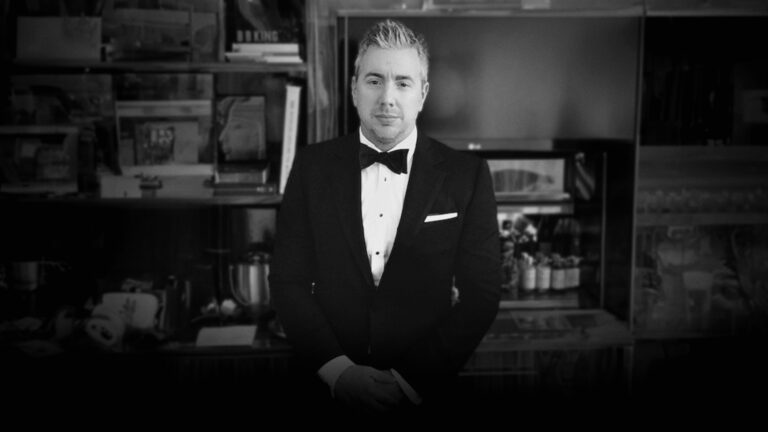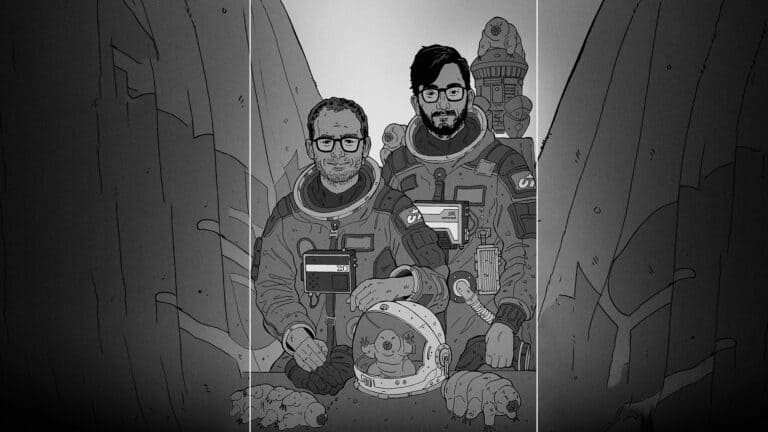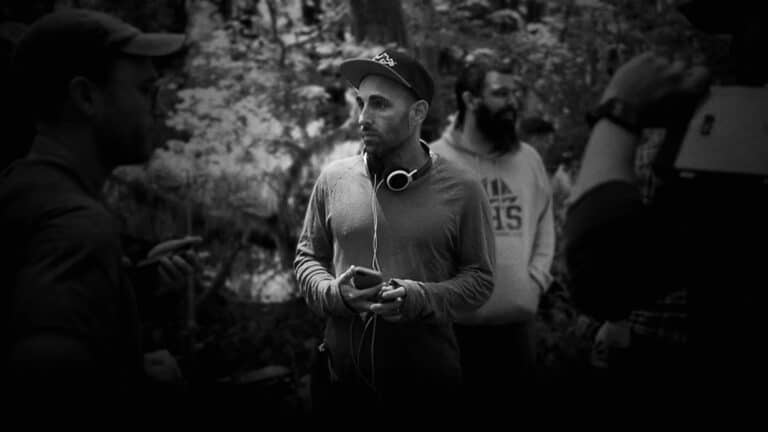What is a 1st AC?
According to Wikipedia:
“A focus puller, or 1st assistant camera, is a member of a film crew’s camera department, whose primary responsibility is to maintain image sharpness on whatever subject or action is being filmed.”
When the camera is rolling, the job of the 1st AC is to pull focus. Granted, it’s a bizarre and magical skill to keep an entire movie in focus, but being a good 1st AC is about a lot more than just keeping sharp focus. There is a lot more time on set spent waiting to roll versus actually rolling. The time in between takes is where leadership, or the lack of, is on full display.
A turning point in my camera assistant learning curve was seeing the crucial way a 1st AC would lead the camera department, for better or for worse. I’ve worked with a handful of focus pullers that can in fact, pull focus, but are total nightmares to work with, which in my experience, isn’t always the best trade-off.
What separates the average camera assistant from next-level, is whether or not they have the DP and the entire department’s needs in mind, or just their own needs. A camera department is only great when they’re a great team.
I find that sharing knowledge is vital in preparing aspiring filmmakers. Therefore, I asked a few professional camera assistants to dig deeper into a few skills and qualities that a solid 1st AC should have. Here’s what they had to say.
Diego Montiel
Diego Montiel is known for his work on Unhinged, Into the ashes, and I Can Only Imagine. You can follow him on IG here.
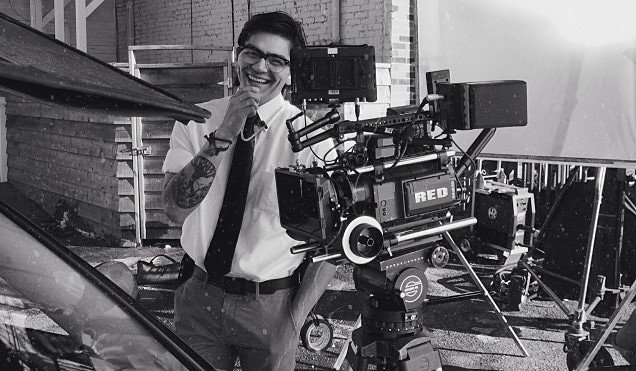
Take Care of Your People
Know how to deliver the bad news just like the good news. Know when to take one for your team and know when to let your team take it. Balance is key. “Complaints go up, not down.”
Don’t Treat Your Crew Like Kids
You’re not sh*t because you have people “under” you, technically speaking. Talk to them straightforwardly and sincerely, never judging, and always listening. Integrity will make people respect themselves and make them honor themselves more. And that creates encouragement to do better. If you joke on set, prepare to get joked on. If you don’t like jokes on you, then don’t joke with people.
Be Physically and Mentally Capable
If you party hard, work harder. Don’t wait for the next project to get healthy or in shape. In THE LAST SAMURAI, Tom Cruise’s character got hit many times with a wooden sword before the Samurai accepted him; but it was his mental and physical abilities that made the change. I’m so demanding and so are other 1st ACs, so once I see you’re capable, that’s when I’ll teach you my ways.
Your Marks and Your Monitor
Know when to look at your monitor and when to stay away. Look at it a lot if you only mimicked rehearsals. Everybody f*cks up, but let it be known if you need marks or if you need to see the ending frame. Don’t have the DP babysit you. Sometimes, you have to live by your marks (e.g. if the action is too fast and too important to double-check yourself on the monitor). Sometimes, you die by your marks (e.g. if the dolly isn’t marked or the camera operator moves spots right before rolling, or the actor doesn’t hit their marks or just plays it differently all of the sudden.)
Have Fun
It’s not all about being on the biggest show, it’s all about being with a damn good crew. See it like a fantasy sport, where you’re picking your team and creating an amazing group that just clicks. Think about the “Dream Team” in basketball when Michael Jordan, Magic Johnson, and Larry Bird all played on the same [Olympic] team. That way, every camera order or movement is like a formula one pit stop — precise, fast, clean, aware, focused, and consistent. The rest will fall in line. Winning and gelling together always feels good.
Andrew Bradford
Andrew Bradford is a 1st AC and cinematographer known for his work on There Comes a Knocking, Mountain Rest, and Pizza Time. You can follow him on IG here.
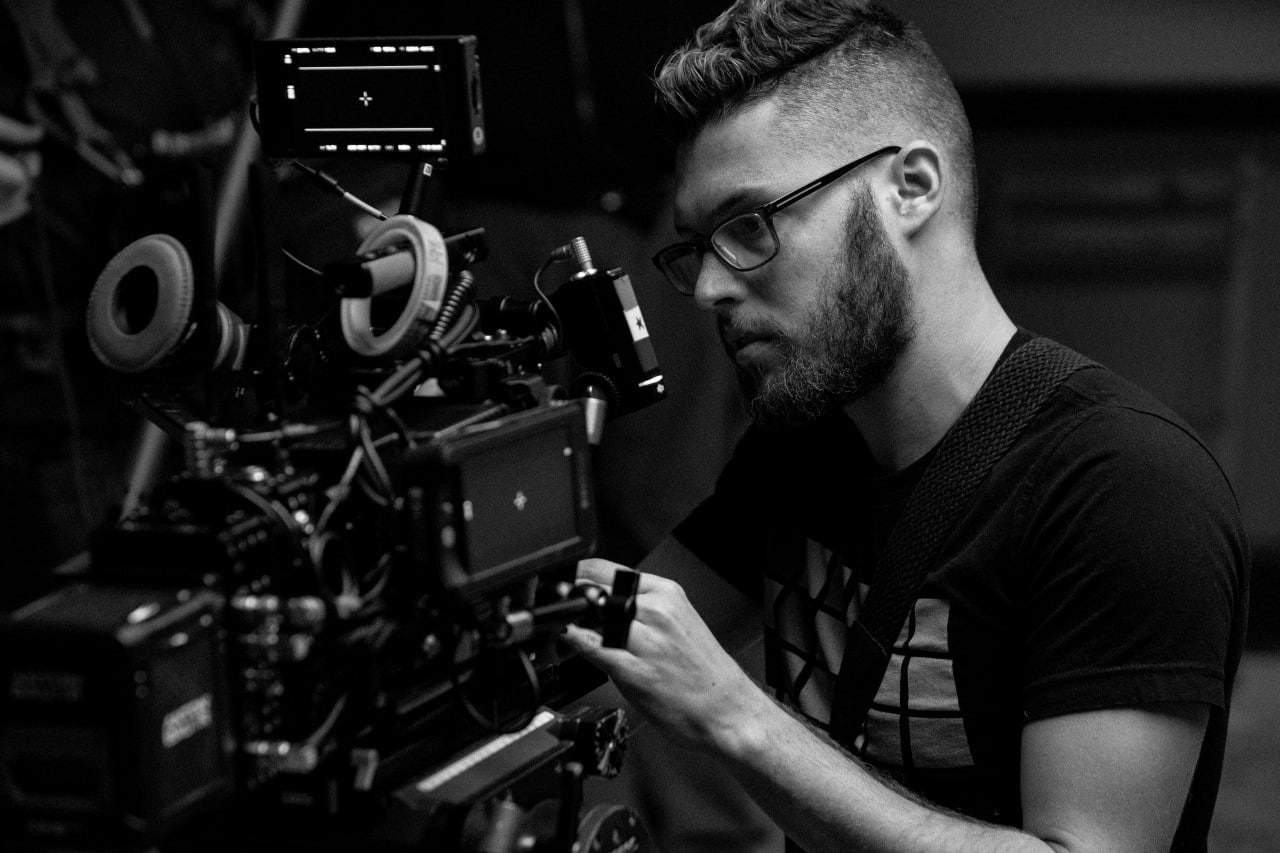
Pulling focus is only 10% of the job
I pride myself in my focus pulling, but that’s not what makes a great 1st, in my opinion. I’ve come to realize that even though that 10% is dang important, it’s so much more about leading your team and how you handle adversity. Setting up your team for success is key. Film is just a giant problem-solving game. If Tetris stresses you out, don’t work in film.
Anticipate
We all know when the 1st AD calls, “Quiet on the set!” that we’re about to roll the camera. But being aware to anticipate more subtle things is where I continue to force myself to grow. Like when the DP is talking to the director about a shot, I try to keep my ears open and anticipate if they’re talking about a lens change, taking the camera from sticks to dolly, or if something might be dangerous in frame if we’re looking a certain way.
My brain never stops thinking about how we can be ready for whatever comes and so I can be two steps ahead of it. Maybe that’s something as simple as knowing when to anticipate getting the camera cart ready to move to a new spot or setting up the video village in a better location.
Keeping a clean environment
Cleanliness is one of the greatest things you can do and it’s something that should never be done half-heartedly. The cleanliness of the camera tells me everything I need to know about an AC. A neat or unorganized camera department can ultimately set the tone for the set. If the video village is full of cables that act more like tripping hazards, I guarantee that you’ll start to see how much more messy things can get with other departments.
Always keep the camera cart clean. Make sure the cables on the camera are always neat and not hanging off begging to catch something. And per your 2nd AC, keep the slate clean and very legible. A sloppy slate shows how little you value post-production and helping others do what they need to do.
Know and love the technical side
At the end of the day, I love telling a story and that’s why I work in this industry. But I’ve learned to love the technical side of the camera so if the DP has a question, I can give them options so they don’t have to work so hard finding a solution. I love the ability to free the DP’s mind of the technical so they can think solely about the creative.
Go the extra mile
This is not as obvious on set as you might think. Pay attention to your DP and team and what they like from craft services. For example, one DP I work with has grown fond of drinking Emergen-C with his water. I started keeping a few packs of it in my AC bag in case craft services didn’t have it. Going the extra mile is not ever going to bring you glory or recognition; but what it does is make you a better AC because you can empower your team behind the scenes. Don’t ever settle doing less than everything you can give.
Nicholas Rey
Nicholas is a 1st AC best known for his work on War Room, I Still Believe, New Life, and Run the Race. You can follow him on IG here.
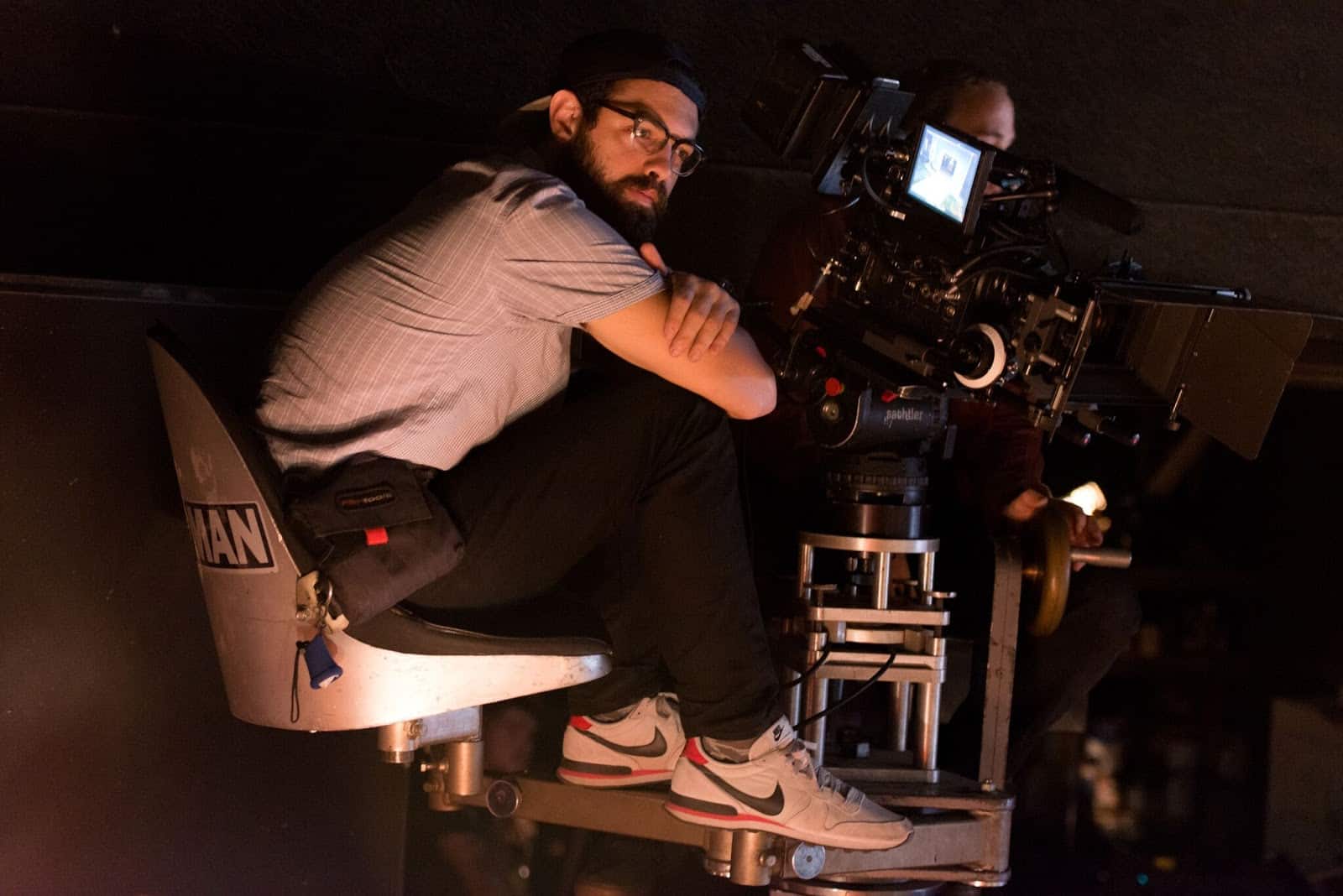
Be Nice
It sounds basic, but there’s so much to it. It’s a skill that, unfortunately, we’re not all equipped with naturally. It’s the act of genuinely being nice that allows us to excel in this industry. If others not only can see you’re good at your job, but they also happen to enjoy being in your presence, you’ll go a long way. You also never know which person on set may one day be your boss on another job. That’s why it’s imperative to be nice to EVERYONE.
Be Aware
Being aware of what’s going on around you–knowing who does what, knowing when to give input, and knowing when to shut up–all of these fall under having a general awareness on set. Normally, there’s a flow of how things operate, depending on what you’re working on. Knowing this flow is very important to an AC and any position on set.
Never Stop Learning
We can always get better and be better. It’s important to keep an open mind to learning from someone that you may not expect. Social skills allow us to meet more people on each job we work. That can then in turn lead to more work and more learning.
There are so many cameras and even more accessories that are all constantly evolving. Technology is constantly changing and moving forward, so it’s important to stay up to date on what’s out there. It’s important to read online articles, threads, discussions, etc., about the latest tech or any changes happening in the camera world.
Stay calm
The 1st AC that gave me my first job on set taught me a lot, but there are many things he didn’t teach directly. I had to learn them indirectly from watching him work. One of the most important habits I learned was remaining even-keeled on set no matter what is going on around you.
I learned to stay in my lane, control what I can control, and no matter how high or low things got, to keep my cool. Learning to slow down, think, and not get rattled, allowed me to work confidently and avoid mistakes as well. As a leader in the camera department, it’s important to stay calm and collected because others will follow.


